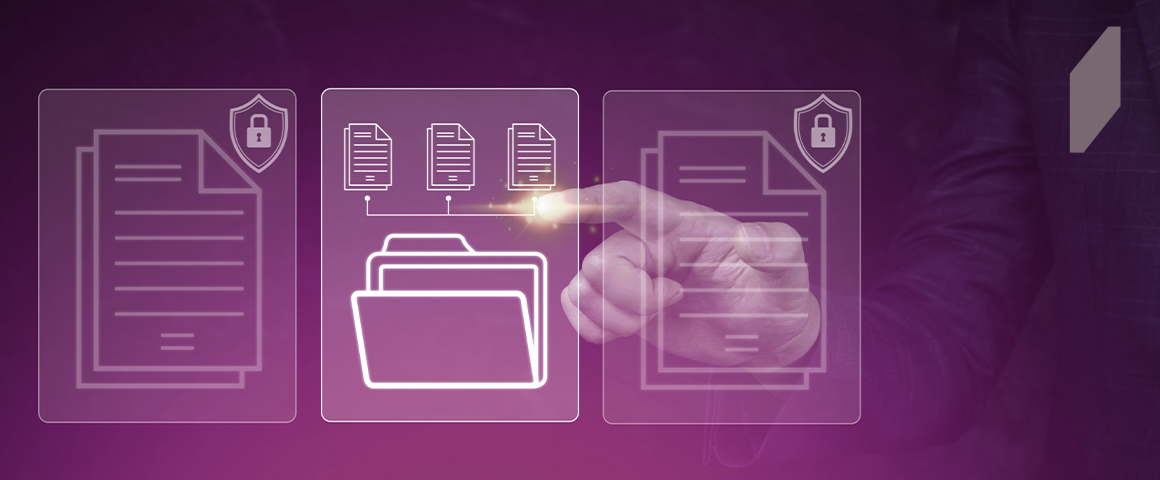Gain a Competitive Advantage with Data-Backed Contract Analytics
Contracts are crucial to the success of a business – the bedrock for commercial relationships and agreements. With the increasing complexity and volume of contracts, organizations are turning to technology to effectively manage and analyze their contractual relationships and documents.
Let’s explore the concept of contract analytics and its potential to transform your business.
Defining Contract Analytics
Your contracts store valuable data, but it is often challenging to access, collect, and analyze this data. This is where contract analytics comes into play. Using automation and AI-based algorithms, you can quickly collect and analyze this data to help you gain a better understanding of your contracts and make more data-driven decisions.
Elements of Contract Analytics
- Data extraction: Contract analytics is about identifying and extracting key data points from your contracts. This data includes items like payment dates and other key milestones, important provisions, and metadata. With this data in hand, you can quickly generate reports on the trends and statuses of your contracts.
- Contract classification: Contract analytics is also about categorizing and grouping contracts based on their type, function, or both. Classifying contracts can greatly help maintain the contract repository and get a more informed sense of the direction of the business based on the number of each type of agreement the business has.
- Risk assessment: Contract analytics also serves to help organizations identify potential risks to the company by identifying high-risk clauses, checking to see if your agreements follow your organization’s risk profile, playbook, and contracting standards. This proactive approach allows organizations to become aware of risks before they become significant issues.
- Performance tracking and monitoring: The ability to track contractual obligations and deadlines is a crucial part of contract analytics. Tracking key milestones and obligations helps organizations evaluate contract performance, identify areas of improvement, and determine when renegotiation might be necessary.
Benefits of Contract Analytics
Organizations that make use of contract analytics can reap numerous benefits, including:
- Time and cost savings: By automating the process and expediting the contracting cycle, you are saving time and money. Analyze your contracts, better understand your contracting processes and make proactive decisions around improving your contractual relationships.
- Improved decision-making: Contract analytics provides organizations with actionable insights and data-driven recommendations, leading to more informed decisions and better strategic planning.
- Strengthened compliance: Ensuring regulatory adherence and reducing legal liabilities are crucial for businesses. Contract analytics helps organizations maintain compliance by identifying potential issues as laws change.
- Improved risk management: Contract analytics can help businesses to identify and mitigate potential risks in contracts. By analyzing contract language and terms, businesses can identify areas of potential liability, compliance issues, or financial risks, and take proactive measures to manage them.
Applications of Contract Analytics
Contract analytics can be applied across the enterprise. The benefits of analytics are cross-functional:
- Procurement: For procurement, contract analytics can be used to analyze supplier contracts, evaluate vendor performance, and identify opportunities for cost savings and process improvements.
- Finance: Finance wants a birds-eye-view of contractual revenue and expenses to ensure accurate billing and identify potential financial risks.
- Legal: Legal teams can use contract analytics for litigation risk assessment, contract drafting, and reviewing contractual documents more efficiently.
- Mergers and acquisitions (M&A): During mergers and acquisitions, arming yourself with contract analytics can streamline due diligence processes and help integrate contractual obligations from both companies.
- Sales and business development: Analyzing contracts can help sales teams identify upselling opportunities and better negotiate key terms.
Contract analytics has emerged as a powerful element of effective contract management. By leveraging data and analytics, businesses can gain a competitive edge in today’s fast-paced business environment. Save time and resources, make more informed decisions, and improve overall performance. For more information on how Malbek can improve contract analytics, request a demo today.






